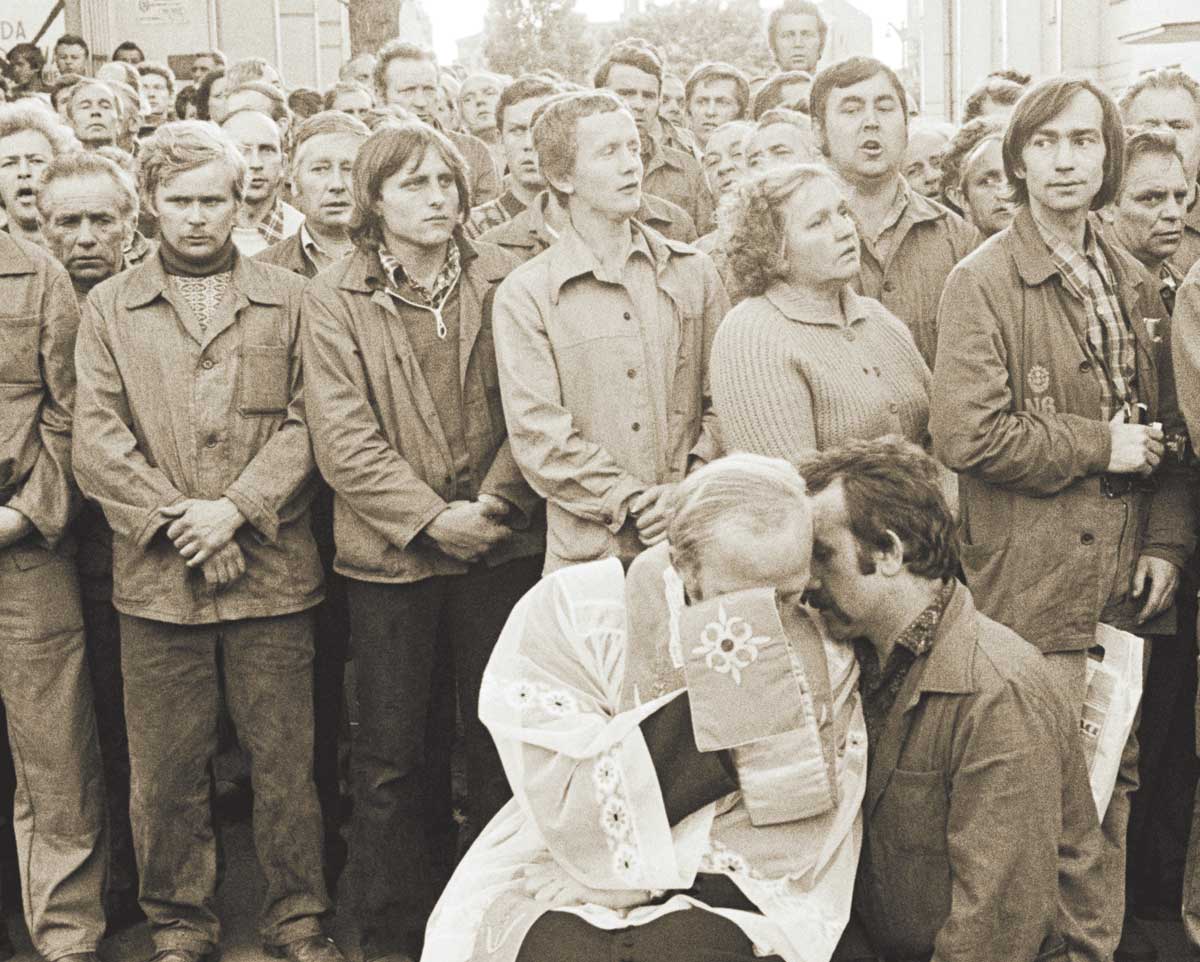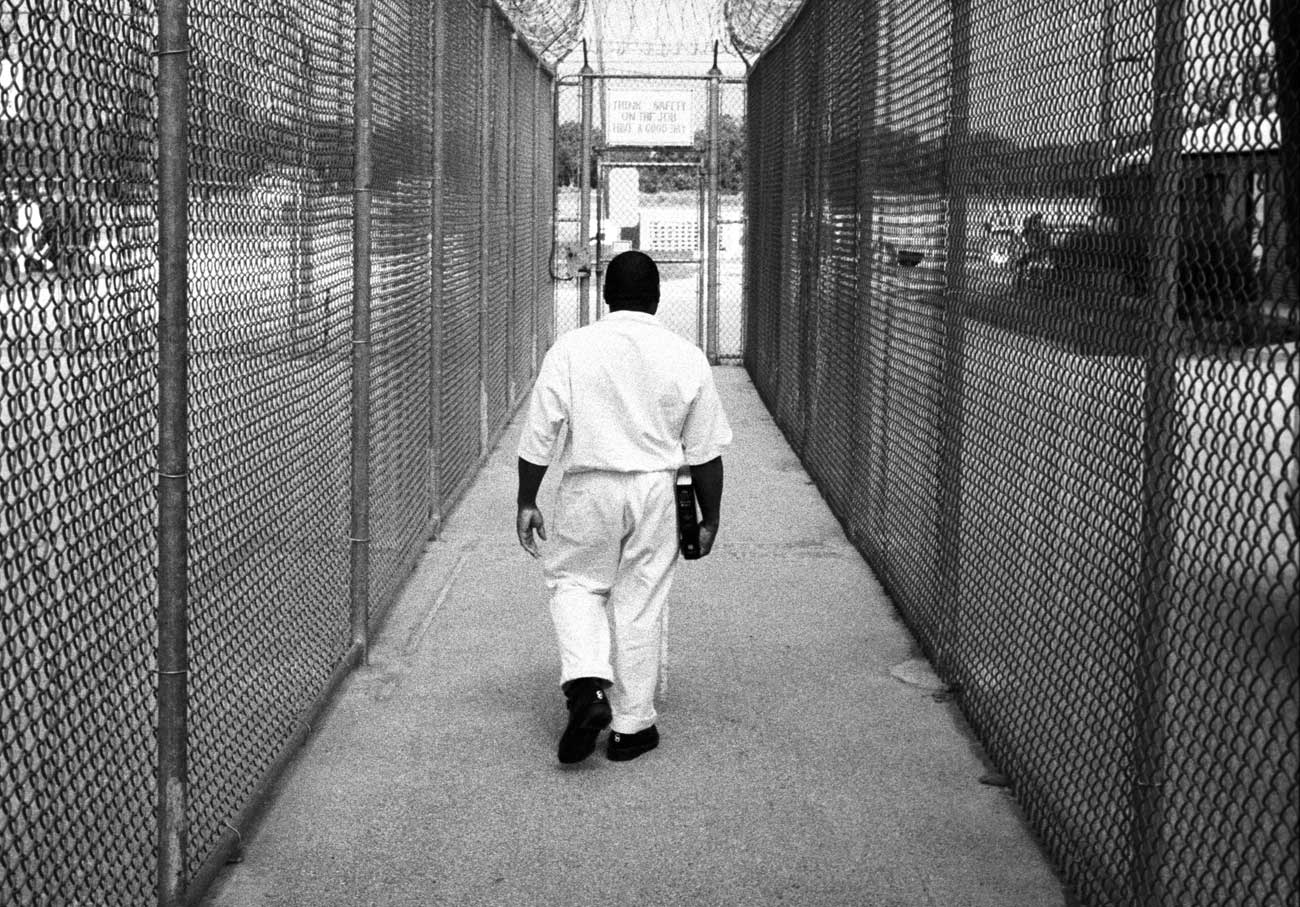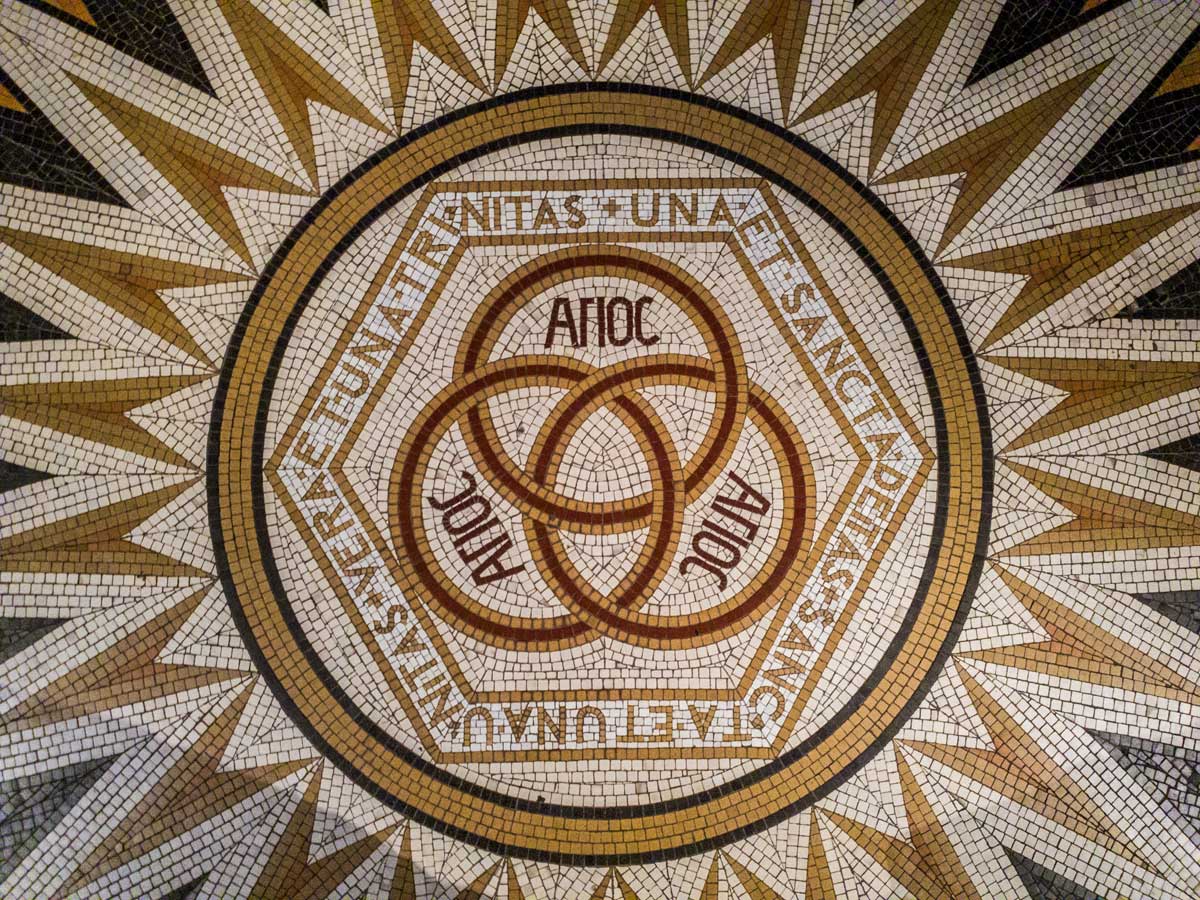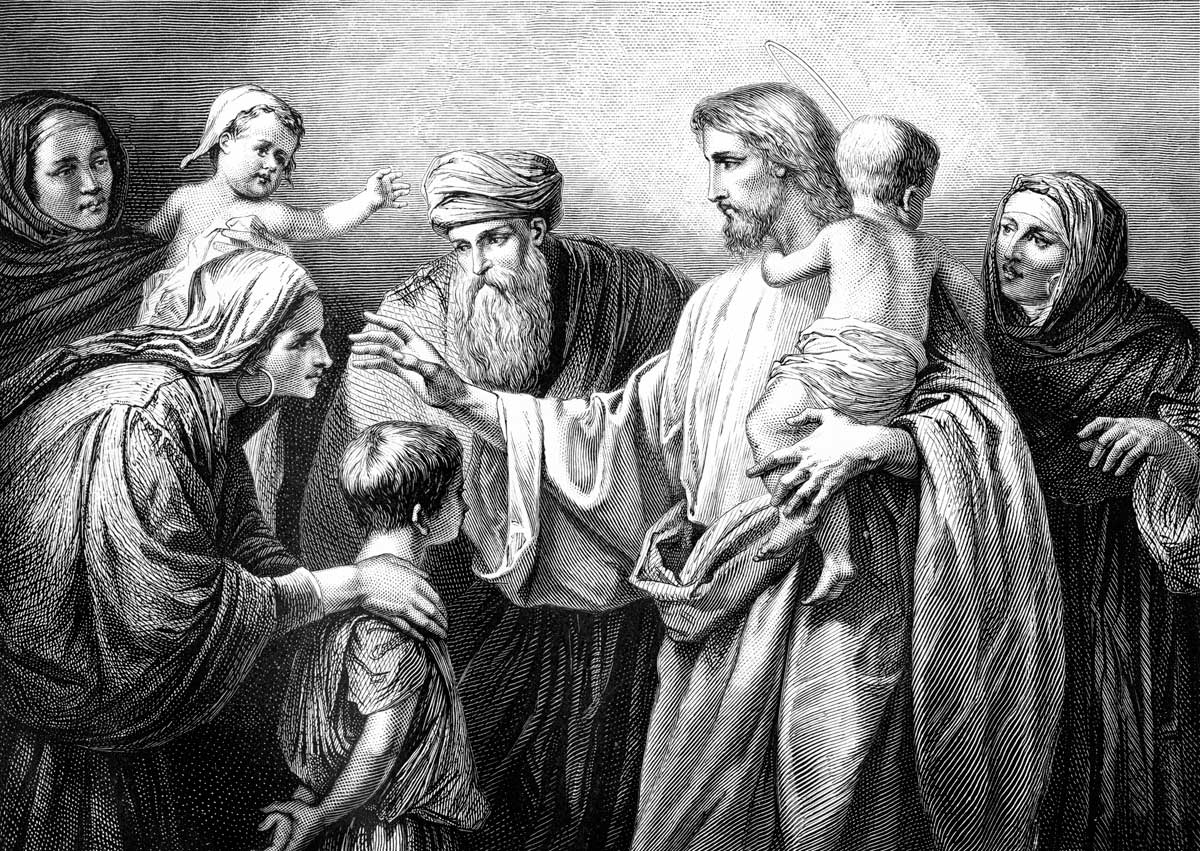In Praise of the Good Pastor
I am the good shepherd. The good shepherd lays down his life for the sheep.
An elderly priest, a man of orthodox convictions now impossible to ordain under the Episcopal Church’s new canons, told me that when he graduated from seminary, one of his old professors pointed to the crucifix on the wall and told the class, “Gentlemen, make no mistake, on the day you become a priest, you are nailed to the cross.” In our gentler, more enlightened day this does not sound like the kind of encouragement to give to bright young persons at the hopeful beginning of a career in one of the helping professions. It is, however, true—true for all believers, but most especially for true priests, true pastors, true ministers of the gospel of Christ.
The true pastor is not a cog or a lubricant slick in the social machine. His call is not constituted in a gentle upbringing, a somewhat effeminate personality, a phlegmatic disposition, a second-rate intellect, or general weakness of personality and resolve. The true pastor—the pastor the churches are called upon to seek—is like Christ, a true male, with male strength and susceptibilities. He is marked for duty and sacrifice by a mystic sign perceived by the true Church, and lays down a life that is strong, vital, and clean for the sake of the people with whose souls he has been entrusted.
It is particularly necessary to say this in a day when the holy sign of the Christian pastor is under such heavy attack. Why would a man who loves Christ, values the life of Christ in himself and the Church, and who seeks to transmit its blessings to others wish to enter a field that seems increasingly occupied by the unmanly, by sexual perverts, and women in unseemly imitation of men? Why go to a place avoided by superior men—men fit for law or medicine or business—where his abilities are so often dishonored with insulting remuneration, where, if he insists on believing and teaching the ancient doctrines of the faith, his intelligence is mocked by the dominant intellectual culture, where deep loneliness and alienation from those who should love him best is a fact of daily life, where the media has trained the public, by constant portrayal of the pastor as cruel, hypocritical, or foolish, and by constant exposure to the failings of the failed, to suspect him as weak, stupid, nasty, or sick, and where joys and satisfactions so often seem outweighed by the incentives to leave?
These questions need not be impressed on the good pastor himself—they are already his daily bread—but upon the churches. Christians must understand what the pastorate entails and ask themselves whether they wish to have and support a true pastor or a hireling—someone who takes the office for what he can get from it in the coin he values, whether power or following (however petty), honor, title, access to the objects of his lust, a living made easy by avoidance of real pastoral labor, or even pretty vestments and furnishings. The true priest of God can never be gained or maintained without spiritual effort on the part of the people, beginning with prayer for the ability to recognize him. That skill does not come naturally, or follow necessarily from pious intentions.
We once attended a church that considered itself Bible-believing and full of the resulting wisdom in pastoral selection and all other matters. In searching for a new minister, it placed a distinguished layman who was a spiritual infant at the head of the selection committee, which thereupon polled the congregation to determine what each of its members wanted in a pastor. The results were listed, and the list became the ministerial job description. The pastor was required to do what everyone in the church wanted him to do—although I do not recall anyone requiring him to “exhort and reprove with all authority, letting no one ignore you.” He was, however, expected to pay court to all the various committees and organizations, without, of course, interfering with their self-perceived missions. He was also expected above all things—and by this requirement the dysfunctional congregation may be infallibly identified—to “grow the church” by his own virtually unaided efforts, apart from a renewal of faith and love on the part of the members whose spiritual condition was the reason the church was unfilled and unhappy to begin with. (This congregation was very big on servant-pastors.) For every one of these abusive churches, one must suppose, there is another that invites its presbyters to abuse it. None of these will find a true pastor, for they are not interested in one, nor could they recognize him when he came into view.
This is a terrible thing, for in not knowing a true pastor, the church shows indubitable evidence of not knowing the True Pastor who has prepared men after his own image to love and care for his people. In its nescience it has become an untrue church, forsaken by the glory of God. People get the pastors, the ministers, the bishops, the deacons, and the elders they desire and deserve, the unworthy pastor and people taking each other down into the swiftly descending maelstrom of apostasy.
Against all this stands the gift of God, the faithful man around whom may gather a faithful church. Against all opposing forces of the world, against fools and knaves in presbytery and pew, against the sneaking, lying, apostacizing seminaries, the weak or wicked bishops, the venal and power-hungry church bureaucrats, the ignorant and self-satisfying selection committees, the church-bosses, against those who hate men, especially men of exemplary strength and devotion, against all temptation to commit sins that dishabilitate and disqualify, good pastors exist and may be found by those who seek them of God. In these pages you will find them praised, supported, uplifted, and treated as among the church’s greatest treasures. There is no more arduous and manly calling than the good shepherd’s. Surely his reward will include those who attacked, belittled, and slandered him, who besmirched or dishonored his calling, falling at his feet and confessing him blessed before the face of God and the assembled host of men and angels.
—S. M. Hutchens, for the editors
S. M. Hutchens is a senior editor and longtime writer for Touchstone.
subscription options
Order
Print/Online Subscription

Get six issues (one year) of Touchstone PLUS full online access including pdf downloads for only $39.95. That's only $3.34 per month!
Order
Online Only
Subscription

Get a one-year full-access subscription to the Touchstone online archives for only $19.95. That's only $1.66 per month!
bulk subscriptions
Order Touchstone subscriptions in bulk and save $10 per sub! Each subscription includes 6 issues of Touchstone plus full online access to touchstonemag.com—including archives, videos, and pdf downloads of recent issues for only $29.95 each! Great for churches or study groups.
Transactions will be processed on a secure server.
more on ministry from the online archives
more from the online archives

19.10—December 2006
Workers of Another World United
A Personal Commemoration of Poland’s Solidarity 25 Years Later by John Harmon McElroy
calling all readers
Please Donate
"There are magazines worth reading but few worth saving . . . Touchstone is just such a magazine."
—Alice von Hildebrand
"Here we do not concede one square millimeter of territory to falsehood, folly, contemporary sentimentality, or fashion. We speak the truth, and let God be our judge. . . . Touchstone is the one committedly Christian conservative journal."
—Anthony Esolen, Touchstone senior editor











